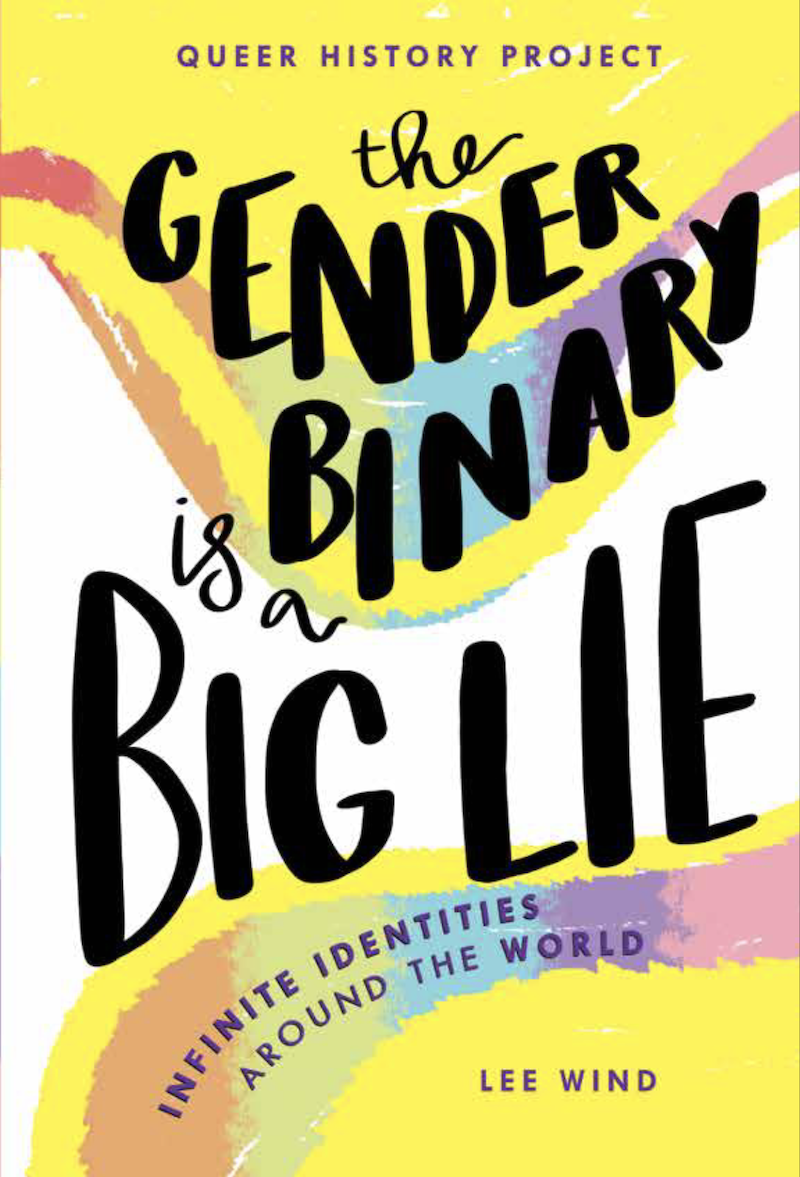 |
Wind provides some basic information about the complexity of gender, including definitions and activism. The core of the book is chapters on different non-binary genders throughout history. For instance, eunuchs and the Māhū people of Hawaii and Tahiti.
He also has a chapter on the multiple genders cited in the Jewish Talmud. Transforming: The Bible & the Lives of Transgender Christians by Austen Hartke is another book that provides a complex look at religious texts.
The book cites the Darlington Statement as an important proclamation of basic principles. The United States continues to be divided on these questions. Many states passed anti-trans laws.
There is much still to be learned and empathy and respect should be our guide. For instance, some people find it so hard to simply respect the wishes of people to use certain pronouns. Simple politeness can do a lot. Other times, a little effort can handle the situation.
We have gender stereotypes, including people thinking men crying or being emotional (in the "wrong" way) is problematic. Then, we have gender characteristics that are far from fixed. For instance, men holding hands is quite acceptable in some cultures.
Looking broader, as this book shows, many cultures have recognized there is a fluidity in gender. They knew that secondary sex characteristics such as genitalia alone do not determine or establish the gender of a person. Putting aside that there are shades of gray when it comes to that sort of thing.
The world is a complicated place. Sometimes, that is overwhelming, and we try to put things in simpler boxes. We need to recognize that isn't always okay.

No comments:
Post a Comment
Thanks for your .02!